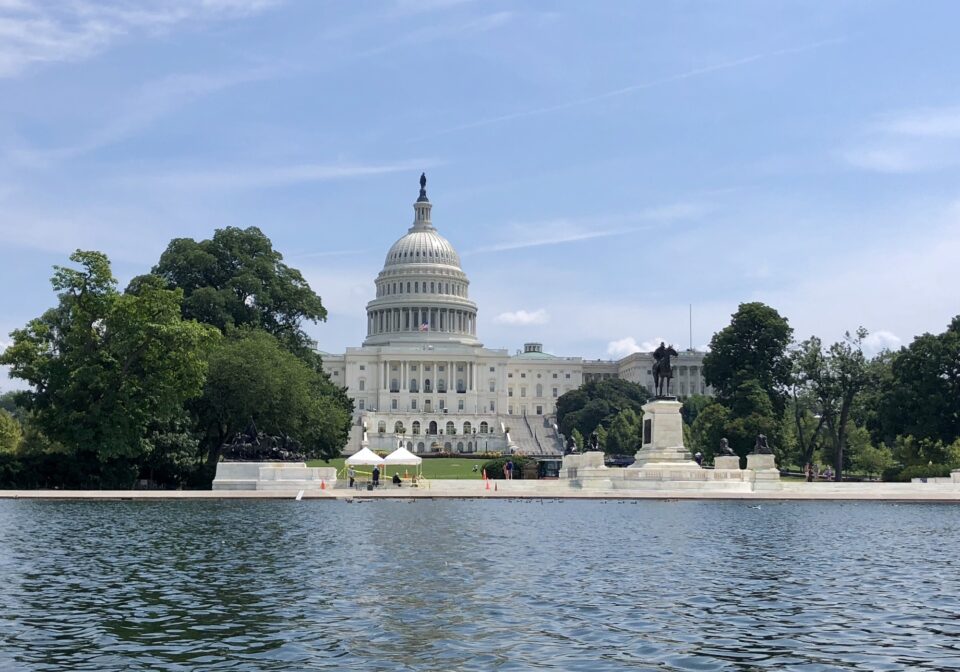Updated April 2023
Congresswoman Rosa L. DeLauro, Congressman Brian Fitzpatrick, and journalist Katie Couric introduced the H.R.9505 – Fid it Early Act to Congress on December 13, 2022. The Find it Early Act’s purpose seeks to “provide for health coverage with no cost-sharing for additional breast screenings for certain individuals at greater risk for breast cancer” (congress.gov).
The breast screenings would include screening and diagnostic mammograms and breast ultrasounds and MRIs.
No cost-sharing for these breast screenings would take effect for Medicare Advantage plans. The bill does not guarantee that private health insurance plans would begin covering additional breast cancer screenings. However, they often follow what Medicare covers so there is the hope this bill’s reach would expand.
Does insurance currently cover mammograms for breast cancer screenings?
The short answer: no, insurance does not guarantee coverage for all mammograms. Insurance routinely covers screening mammograms. These screenings are administered to an individual who has no apparent signs of breast cancer.
Diagnostic mammograms are often not covered by insurance are the payment is the sole responsibility of the individual. Mammograms become diagnostic “after suspicious results on a screening mammogram or after some signs of breast cancer alert the physician to check the tissue” (nationalbreastcancer.org).
Diagnostic mammograms take more X-rays of the breast to provide more images for the physician to review. Individuals who need a diagnostic mammogram may already have a breast cancer diagnosis and need to check for recurrences or those with dense breasts, where additional images are necessary.
What does this mean?
For those who have an elevated reason for more screening, the cost of a mammogram, ultrasound, or MRI is a barrier to receiving what could be life-saving testing. It’s common to think, “Well, if my insurance doesn’t cover the testing, it must not be medically necessary.” This couldn’t be farther from the truth.
The upfront cost for screening and further testing averages $353/per person. This pales in comparison to the cost of treating early-stage versus late-stage cancer. In fact, one study “estimates an average allowed cost of $182,655 per patient with stage IV disease compared with $71,909” (JAMA Network).
What is the status of the bill?
The Find it Early Act introduction took place in the previous session of Congress. Since it was not voted on at that time, it’s worth noting that “it is common for legislative text to be introduced concurrently in multiple bills (called companion bills), re-introduced in subsequent sessions of Congress in new bills, or added to larger bills (sometimes called omnibus bills) (govtrack.us).
Once discussed by Congress, the bill still needs to pass the House and Senate and then receive the President’s signature.
What You Can Do
- Find your members of Congress at this link and write to them, encouraging them to keep this bill a priority.
- Follow through with screening and/or diagnostic testing for breast cancer as recommended for your unique body. You know your body best, so if something doesn’t feel right, don’t hesitate to talk to your primary care physician. If cost is a barrier to receiving testing, the American Breast Cancer Foundation and other non-profits may be able to connect you to funding resources.
Why Wheelhouse Cares
The Wheelhouse team has eyewitness accounts of the barrier the cost of treatment is for some patients.
“This is truly a monumental moment,” shares Sally Eggleston, COO of Wheelhouse. “I have personally spoken to women who had a screening mammogram and were scheduled for further diagnostic studies that they could not afford, and therefore canceled the appointments. More than once, this has resulted in later-stage cancers.”
We help Wheelhouse members get the screening they need. Since we do not take sides with the payor or provider, we can truly advocate on behalf of the patient for them to receive life-saving care.
Wheelhouse finds the Find It Early Act in Congress encouraging. It shows action toward disrupting cancer prevention and treatment, with more hope on the way.
“The Find it Early Act is federal legislation,” Sally explains. “Currently, many states have passed or do have bills in process to pay for diagnostic breast testing. These are being heavily lobbied by both Susan G. Komen and The American Cancer Society.”







